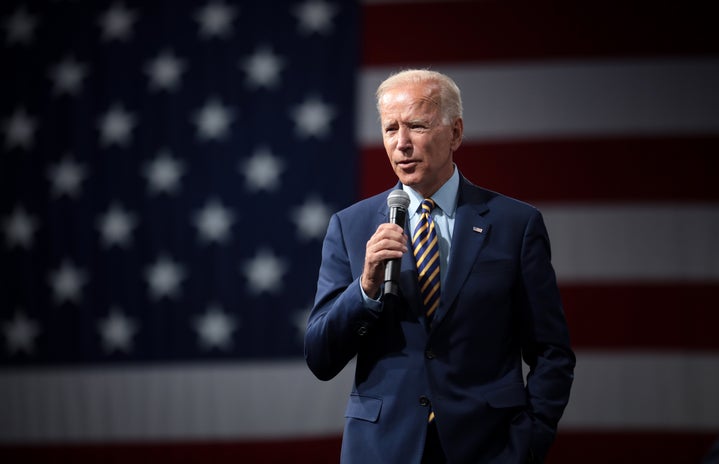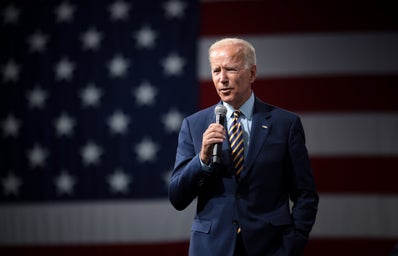On June 23, President Joe Biden issued an executive order on strengthening access to affordable, high-quality contraception and family planning services. Ever since Roe v. Wade was overturned in 2022, it’s become increasingly more challenging for Americans to access their preferred forms of birth control. Time Magazine reports that the demand for long-term and emergency contraception has surged post-Roe, including a 41% increase in IUD appointments at Planned Parenthood clinics. Biden’s new executive order doesn’t take any kind of direct action itself, but it does put pressure on federal agencies (specifically the U.S. secretaries of the Treasury, Labor, and Health and Human Services) to consider implementing changes that will make birth control more easily accessible and affordable across the country.
Let’s break down what Biden’s executive order actually says, as well as what effects it may have on Gen Z.
WHAT CHANGES DOES THE EXECUTIVE ORDER ENCOURAGE?
According to the White House, Biden’s executive order is meant to build upon his government’s previous efforts to expand reproductive rights after last year’s ruling. The order announces Biden’s intentions to:
- Reduce barriers to accessing affordable birth control for women with private health insurance
- Promote over-the-counter contraception, including emergency contraception such as Plan B
- Expand access to family planning services and contraception under Medicare
- Offer increased access to birth control for service members, veterans, and federal employees
- Provide more contraception supplies and “culturally and linguistically appropriate family planning services” at federally-supported health centers
- Support access to affordable birth control on public university campuses (!!!)
- Promote research into making birth control more affordable nationwide
OK, SO WHAT DOES THAT MEAN FOR GEN Z?
Biden is mainly focused on making birth control a) more accessible, and b) more affordable. Providers and pharmacies will have to figure out how to streamline the process of providing contraceptives without making it more expensive for those who purchase them.
One of Biden’s changes specifically affects U.S. college students. The executive order directs the Secretary of Education to “convene institutions of higher education to share best practices for making affordable, high-quality contraception available, as well as ways to raise awareness of options for accessing contraception.”
There are two parts to this bullet point. Firstly, it calls for more birth control options to be available on public university campuses (so you might see an increase in free condoms in your school’s fitness center). Secondly, it calls for schools to actually promote those options (so you might walk by some cute corkboards in your dorm hall advocating for safer sex). According to Her Campus’ 2022 Our Bodies, Our Rights survey, 75% of 1,115 respondents didn’t know if their school’s health center provided access to medication for abortion, so spreading awareness of on-campus resources might make a huge difference among Gen Z students.
Of course, it’s up to the U.S. secretaries to decide how they’ll go about enacting actionable changes based on Biden’s orders. But in post-Roe America, any step toward increased reproductive rights is a win.


